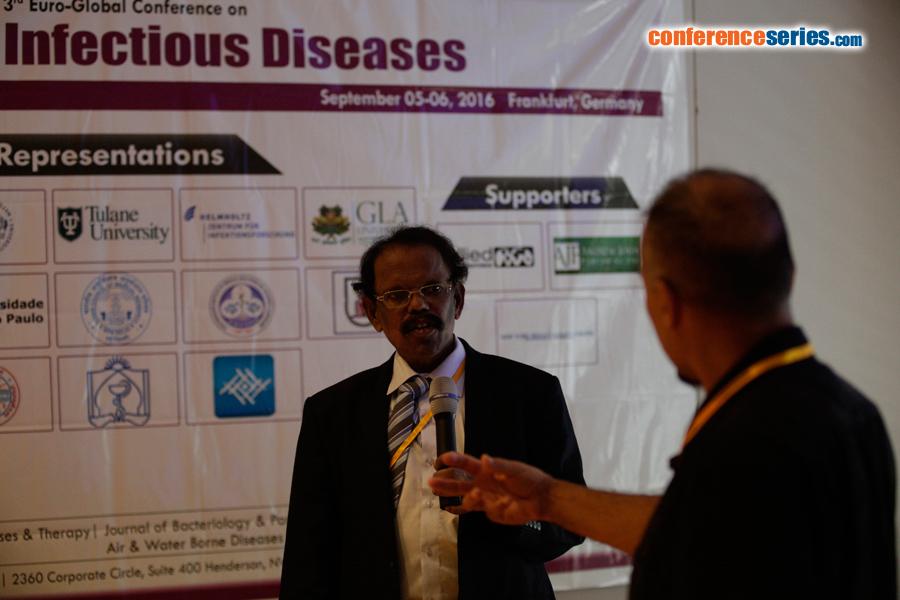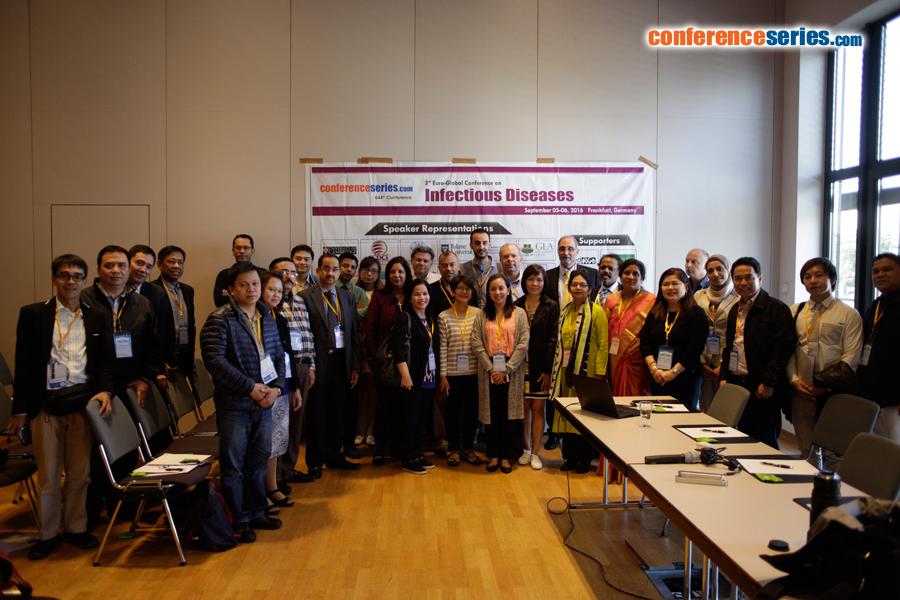Atmaram H Bandivdekar
National Institute for Research in Reproductive Health, India
Title: Host and pathogenic variation remains the challenges in management and control of HIV/AIDS
Biography
Biography: Atmaram H Bandivdekar
Abstract
Poor proof reading activity of Human Immunodeficiency Virus (HIV) reverse transcriptase enzyme results in to presence of distinct and multiple viral variants in different cells and secretions of the same individual which may influence the affinity to different CD4 dependent and independent host cell receptors. Sexually HIV has been transmitted by binding to human Mannose Receptor (hMR) on human sperm, vaginal epithelial cells which are devoid of conventional CD4 receptor. HIV binding to hMR induces Matrix Metallo-proteinase 9 which weakens the cell surface and therefore increases the risk for sexual transmission of HIV. Further the localization of hMR was found to be in lower number of vaginal epithelial cells of HIV negative female partner of serodiscordant couples as compared to normal females suggesting the association of hMR in sexual transmission of HIV. Genotypic characterization of C2-V3 region of HIV1 C env gene in PBMCs, sperm, vaginal epithelial cells and cervical cells showed presence of distinct variants in same individual with variable infectivity and different numbers of N-linked glycosylation sites suggesting variation in different host cell affinity and infectivity of the same individual which may influence HIV transmission, response to ART and disease progression. Additionally genotypic characterization of HIV1 gp41 by next generation sequencing showed presence of multiple variants in blood
of the same individual. Presence of distinct and multiple HIV variants in PBMCs and urogenital cells may influence the viral affinity to host cells, transmission, infectivity, pathogenicity and therefore development of strategies for control and management of HIV/AIDS remains the challenge.
Speaker Presentations
Speaker PPTs Click Here






